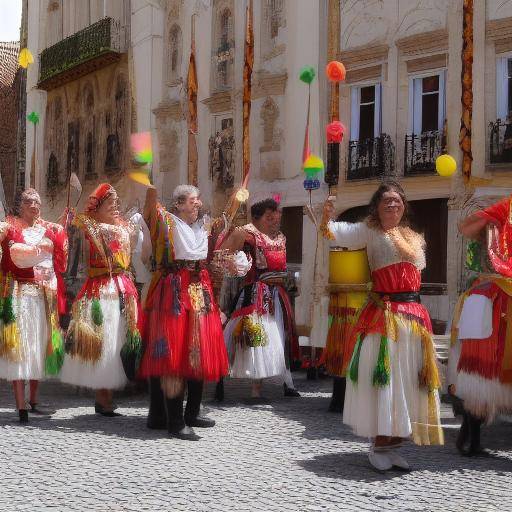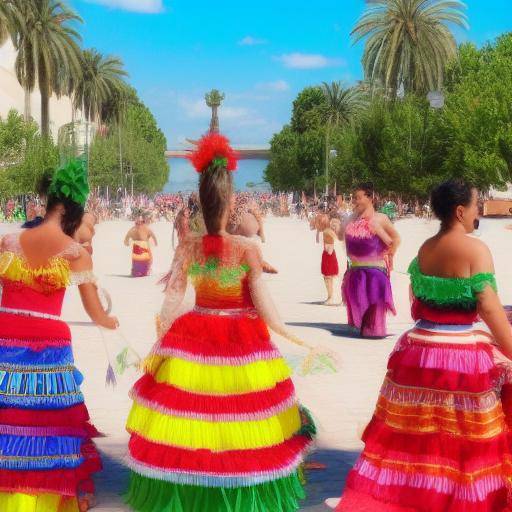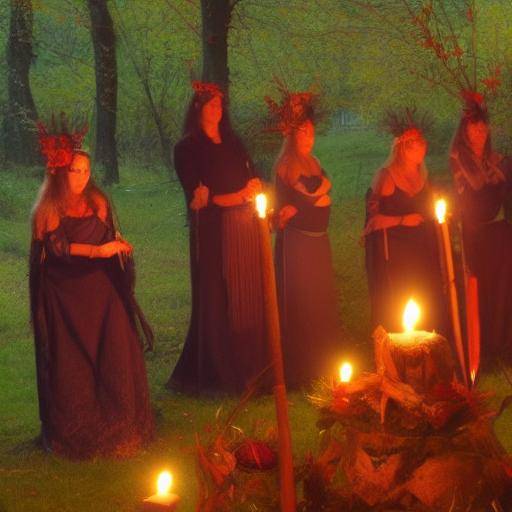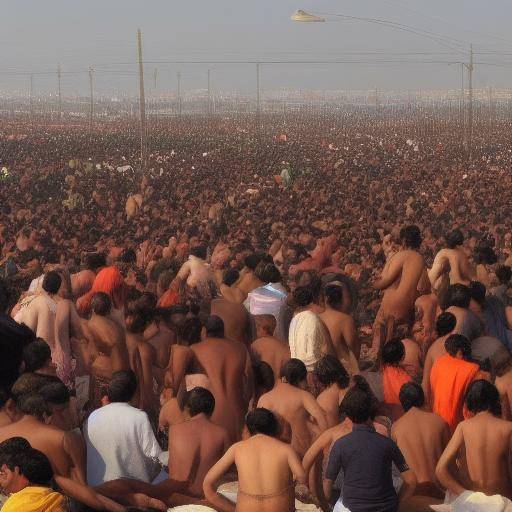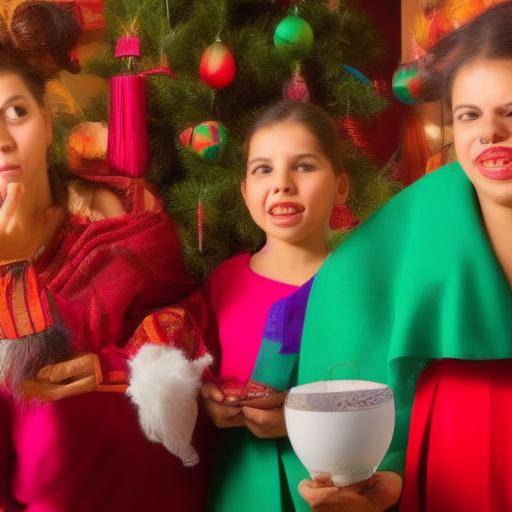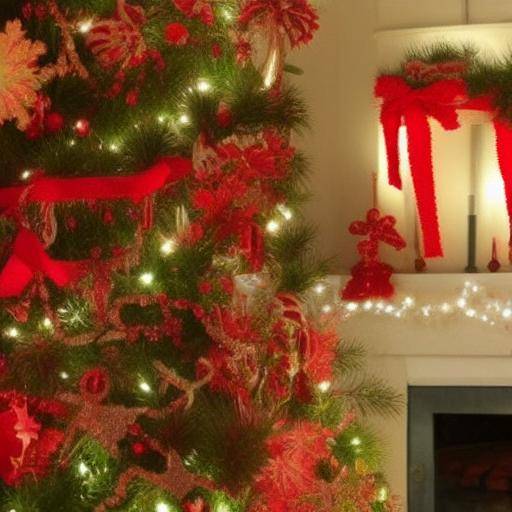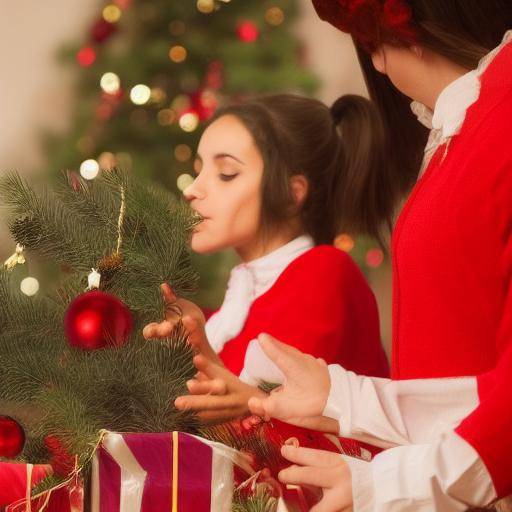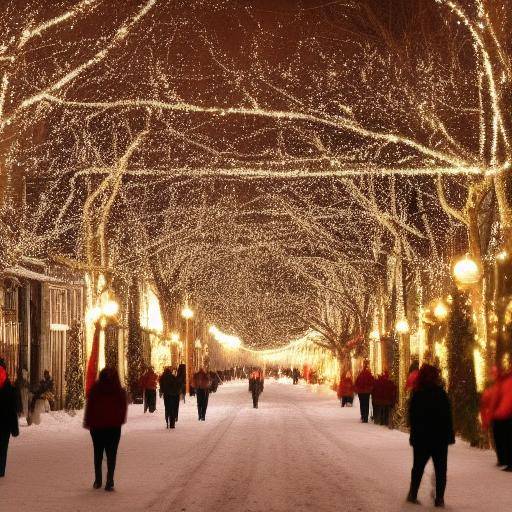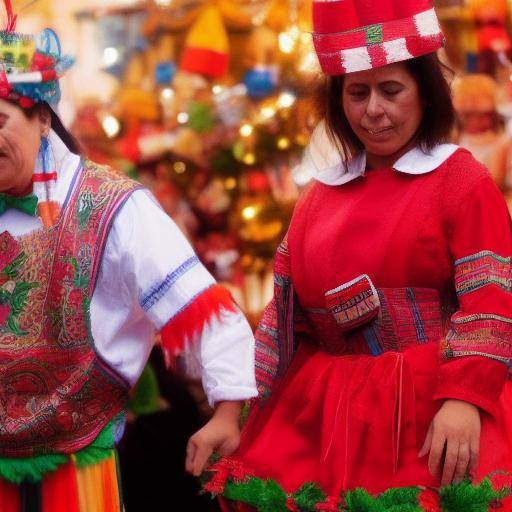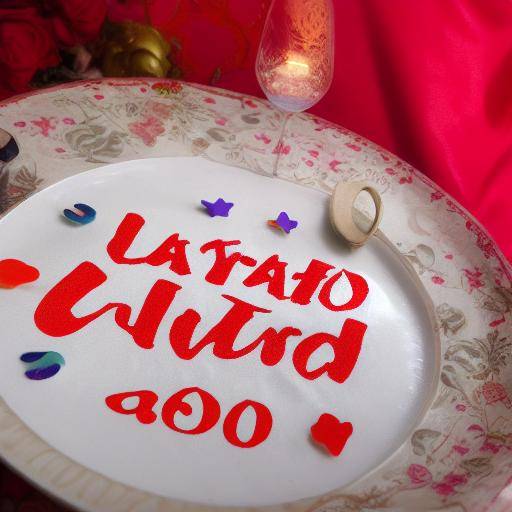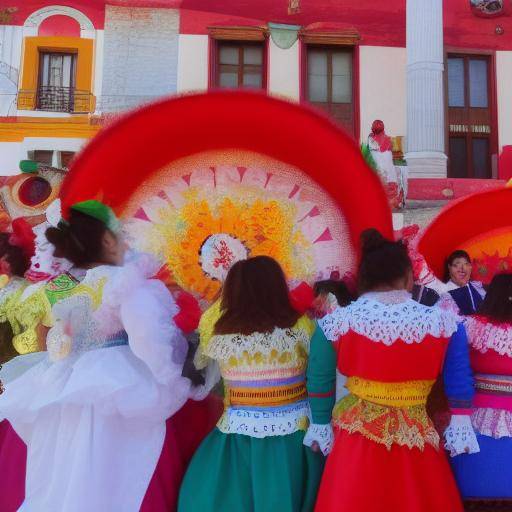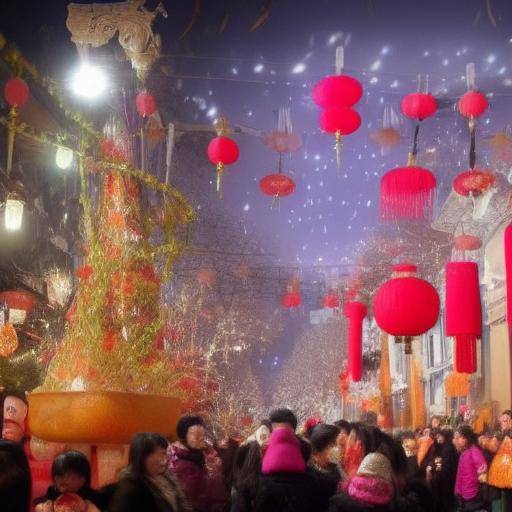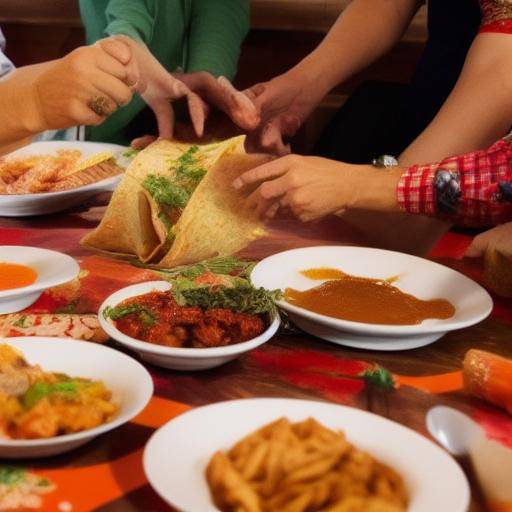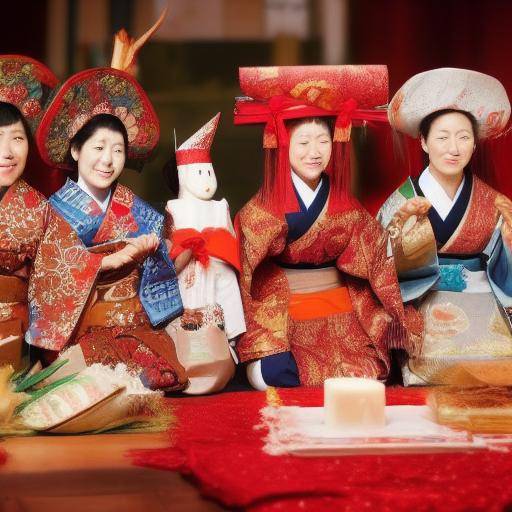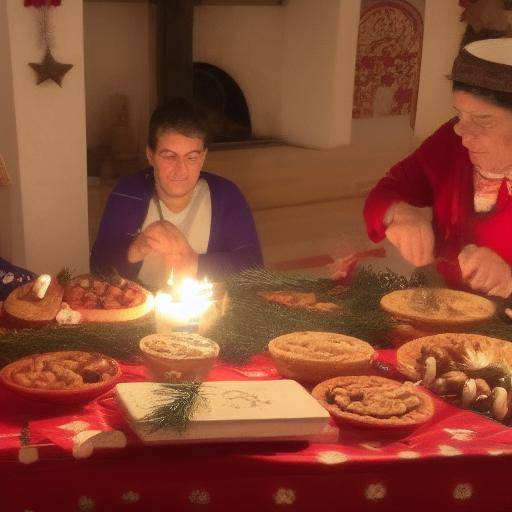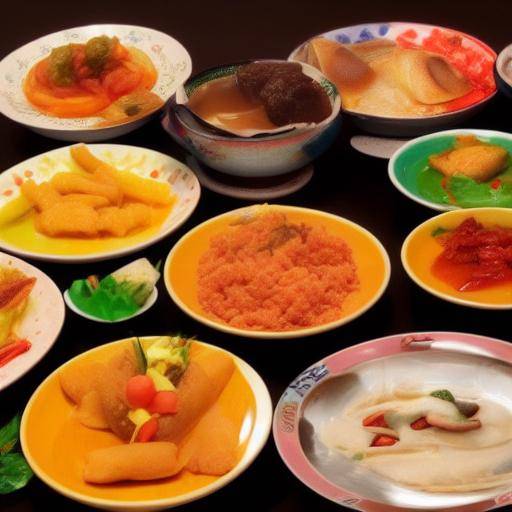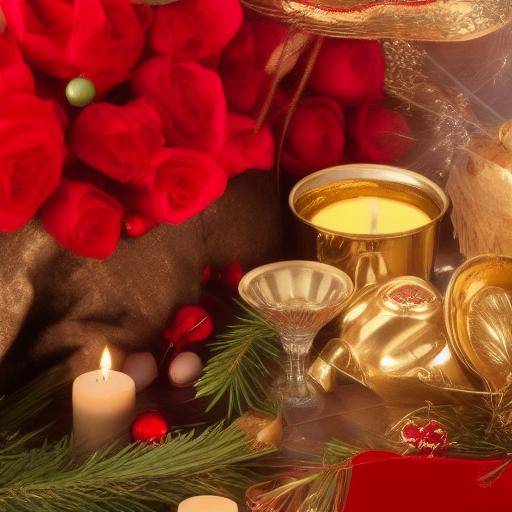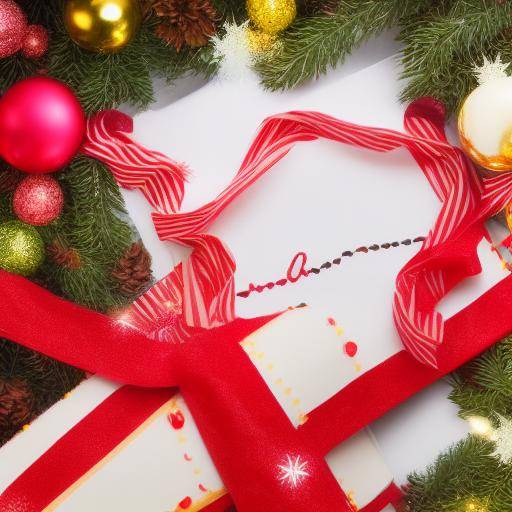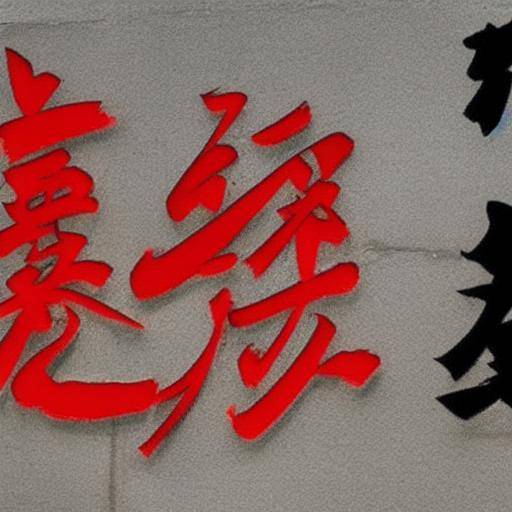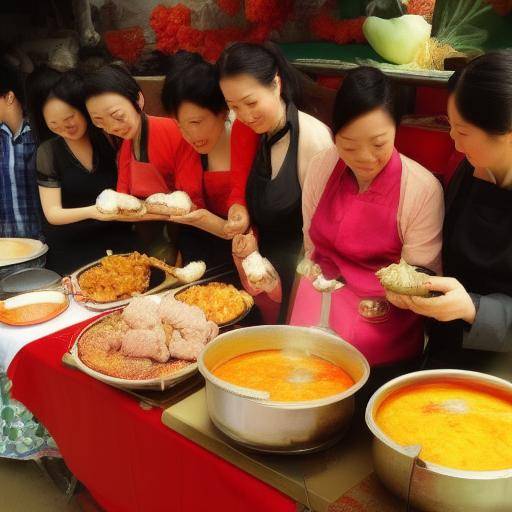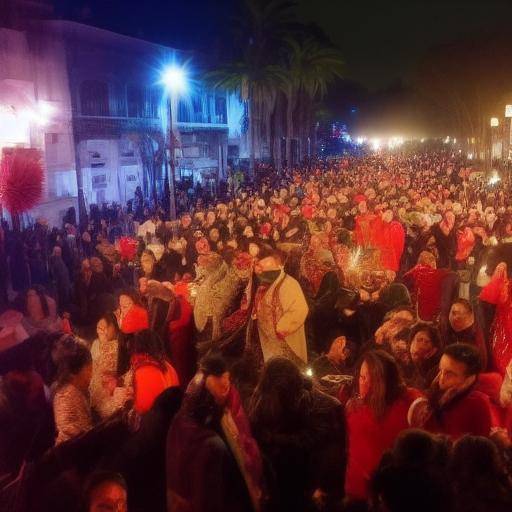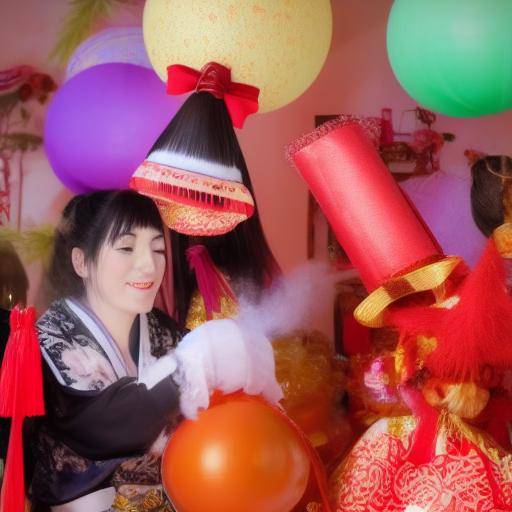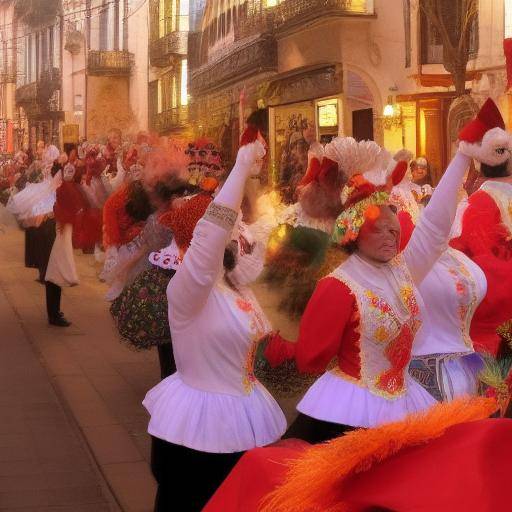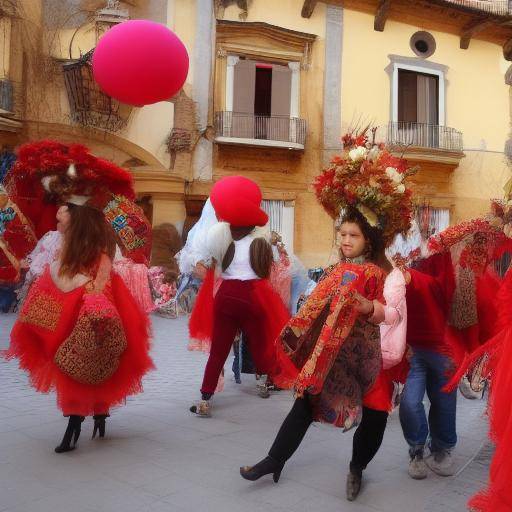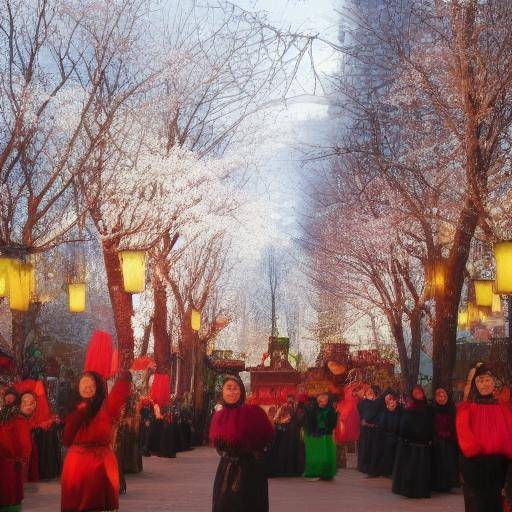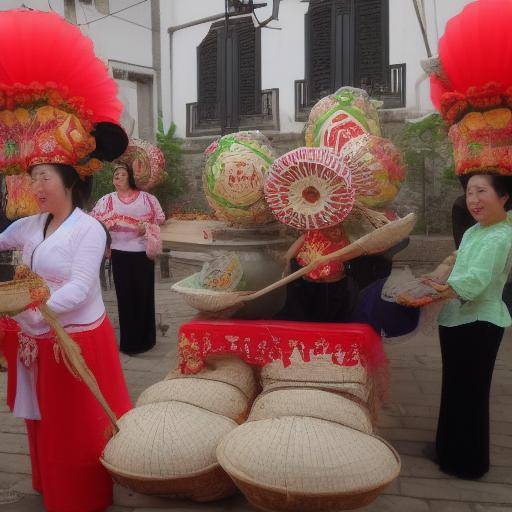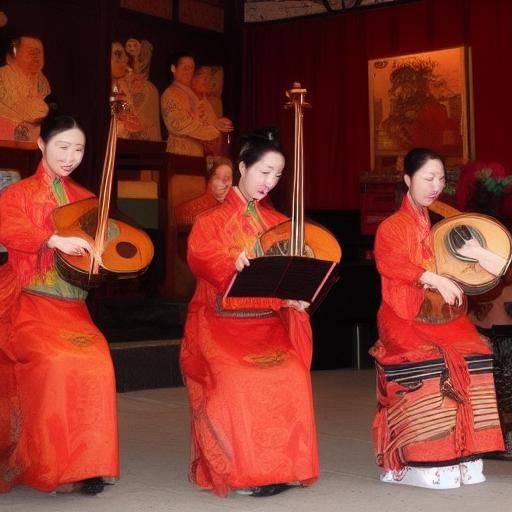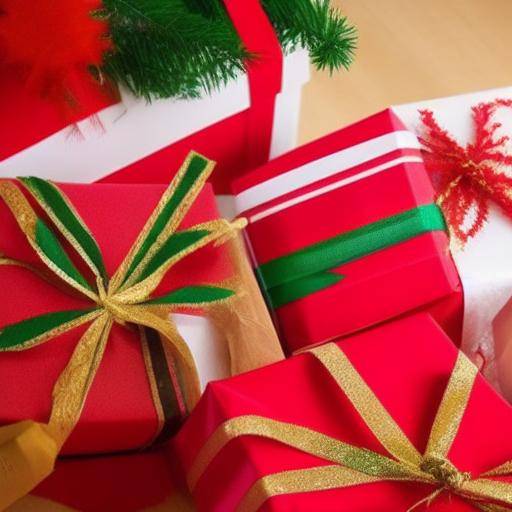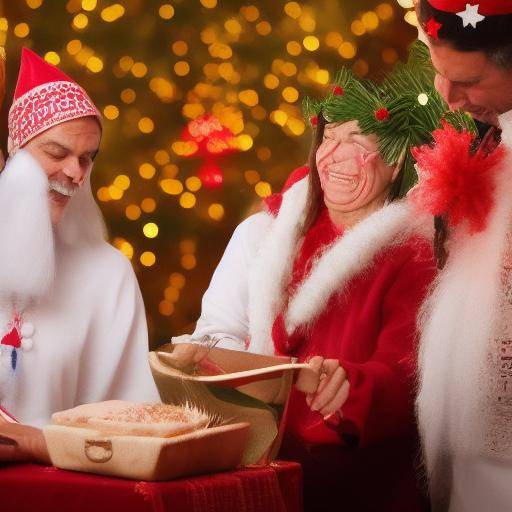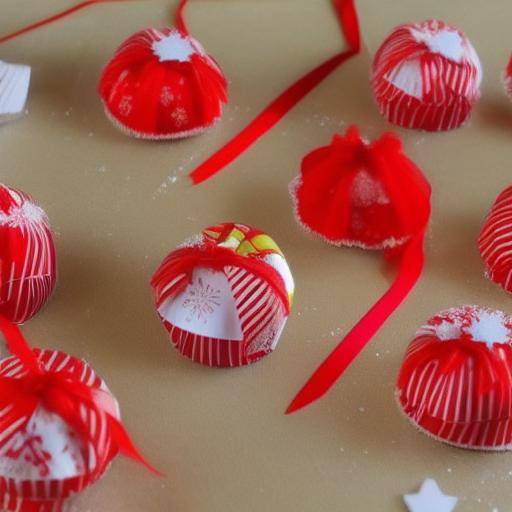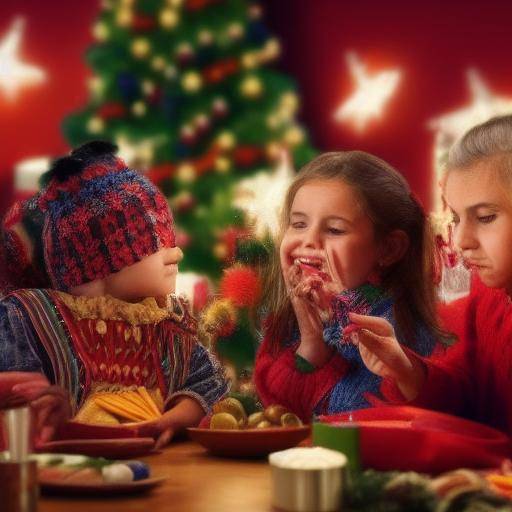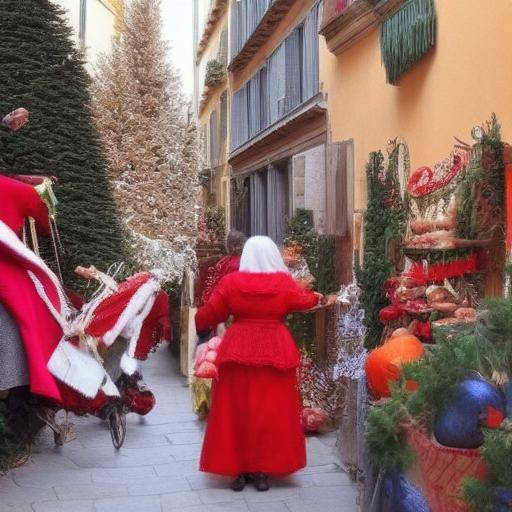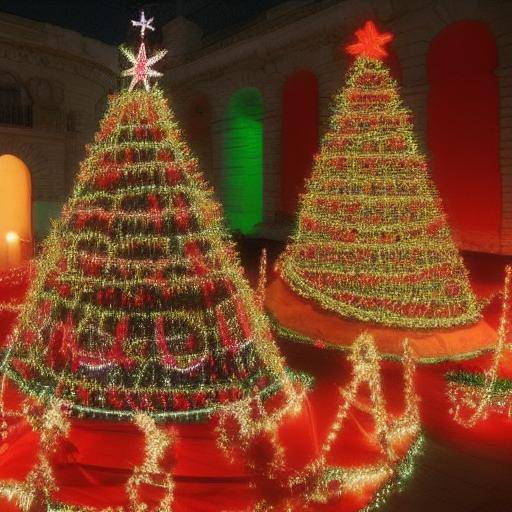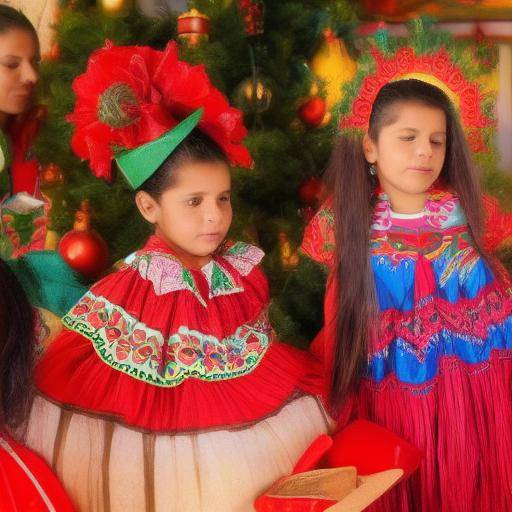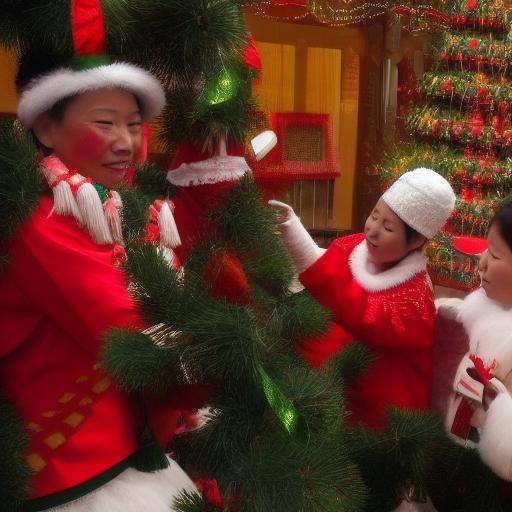
Christmas is a time of celebration and traditions rooted in different cultures around the world. Although Christmas traditions are especially popular in Europe and America, Chinese culture also has its own ways of celebrating this festival. In this article, we will explore the fascinating Christmas traditions in Chinese culture, highlighting their unique beliefs, customs and festivities. From cultural meaning to modern practices, we will discover how Christmas is lived in China.
Introduction
Christmas is a Christian festival that commemorates the birth of Jesus Christ, but has transcended its religious roots to become a global cultural celebration. While in many parts of the world Christmas is associated with decorated trees, gifts and family meals, in China, the celebration of this festival acquires a different shade. With a unique history and traditions, Chinese culture brings its own meaning and symbolism to Christmas. Throughout this article, we will explore how Christmas is lived and celebrated in the context of Chinese culture.
History and Background
The history of Christmas in China has a fascinating background dating back several decades. Although Christmas festival is not original of Chinese culture, its influence has been gaining strength in recent decades. Over the past centuries, China has experienced a gradual opening to external influences, including Western culture. This has led to the adoption of certain elements of the Christmas celebration, especially in urban areas and among the Christian population.
In the Chinese context, Christmas has become a commercial and cultural celebration more than religious. Cities are adorned with bright lights, Christmas trees and festive decorations. Shopping centers and main streets are filled with Christmas music and festive products. Although Christmas is not an official holiday in China, its cultural impact is undeniable.
Deep analysis
The celebration of Christmas in China has generated both benefits and challenges for Chinese society. On the one hand, it has contributed to the cultural opening and exchange between the east and the west. The Chinese, especially the young, see Christmas as an opportunity to socialize, exchange gifts and enjoy the festive atmosphere. However, it has also raised criticism of its excessive marketing and the loss of its religious roots.
Despite the debates around the authenticity of the celebration of Christmas in China, every year there is growing enthusiasm for the festive. Christmas has become an occasion to show love and generosity, reflecting the traditional Chinese values of harmony and family unity.
Comprehensive review
In Chinese culture, Christmas has led to the adoption of certain Western practices, such as the exchange of gifts and festive dinners. However, these customs have merged with local traditions, giving the celebration of Christmas in China a unique character. For example, the Chinese population often celebrates Christmas with special meals, such as roast duck, and festive activities that reflect their own cultural heritage.
The Chinese have also adapted the Christmas symbols to their own aesthetics, integrating traditional Chinese elements into their celebration. Christmas decorations often include Chinese motifs, such as red colour, the symbol of Chinese luck "track" (fu) and elements of Chinese culture, such as dragon and phoenix.
Comparative analysis
By comparing Christmas traditions in Chinese culture with those in other regions, it is fascinating to observe similarities and differences. While in many Western countries Christmas is closely linked to Christian religion, in China it acquires a more secular and communal connotation. However, in both cultures, Christmas fosters generosity, family union and solidarity. The importance of spending time and sharing gifts with loved ones is a fundamental value that transcends cultural differences.
Practical Tips and Accessible Recommendations
If you are interested in exploring Christmas in Chinese culture, here are some practical tips to enrich your experience:
- Find local celebrations: Many Chinese cities organize special events during Christmas, from light shows to public markets. Take the opportunity to immerse yourself in the festive atmosphere and get to know the local traditions.
- Learn about Chinese Christmas dishes: Explore Chinese cuisine at Christmas and discover traditional dishes served during this time. Gastronomy is a fundamental part of Chinese culture, and experiencing festive flavors will give you a unique perspective.
- Take part in gift exchanges: If you have Chinese friends or colleagues, consider participating in gift exchanges or sharing gestures of friendship during Christmas. This is an opportunity to strengthen intercultural ties and share the joy of the season.
Industry Perspectives and Expert Reviews
Within the tourist and cultural industry, the celebration of Christmas in China has generated a debate on authenticity and the impact on Chinese cultural identity. Some experts point out that the adoption of Christmas can dilute Chinese traditions and promote excessive consumerism. However, others highlight the importance of cultural exchange and openness to new influences as part of the evolution of a diverse and globalized society.
According to Chinese cultural sociologist Wang Ming, "Christmas in China represents an interesting phenomenon that reflects the adaptability and openness of Chinese culture to external influences. Although it is important to preserve our traditions, we must also embrace the diversity and cultural exchange that enriches our society."
Case Studies and Real Life Applications
An outstanding example of the adaptation of Christmas to Chinese culture is the popularization of the "Christmas Eve Apples" (Night Marches). In China, especially among young people, the custom of giving away apples decorated with good wishes during Christmas Eve has been popularized. This phenomenon, known as "ping an ping guo" in Mandarin, has generated a prosperous market and has become a custom rooted in celebrating Christmas in China.
Future Trends and Predictions
In the coming years, the celebration of Christmas in China is expected to continue to evolve, merging traditional Chinese elements with Western influences. Innovation in the marketing of Christmas, the development of cultural events and intercultural collaboration will remain key trends. As China continues to play a significant role in the global scene, its influence on the way Christmas is celebrated will continue to increase.
Conclusions and FAQs
In conclusion, the celebration of Christmas in Chinese culture is an intriguing phenomenon that reflects the intersection between local traditions and foreign influences. As Christmas continues to gain relevance in China, it is crucial to recognize the importance of preserving Chinese cultural identity while embraced diversity and cultural exchange.
FAQs
How do you say "Merry Christmas" in Chinese? In Mandarin Chinese, it is called "hèng dàn kuài lè".
Is Christmas a holiday in China? No, Christmas is not an official holiday in China, but it is widely celebrated in cities and urban communities.
Why are apples important at Christmas celebration in China? The custom of giving apples during Christmas Eve has been popularized as a symbol of peace and harmony, promoting good wishes for next year.
How are Christmas holidays traditionally celebrated in China? Christmas holidays in China often include festive decorations in the streets and shopping centers, exchange of gifts, special dinners and cultural events.
What are the most popular Christmas symbols in Chinese culture? In addition to Christmas trees, bright lights and festive decorations, popular Christmas symbols in Chinese culture include Chinese motifs such as the red color, the symbol of the "Pray" (fu) luck and the designs inspired by Chinese culture.
What is the importance of red color in celebrating Christmas in China? Red color is an auspicious symbol in Chinese culture and is associated with good fortune and happiness. During Christmas, the use of the red color reflects the desire for good luck and celebration.
Is there any variation in the way Christmas is celebrated in different regions of China? Yes, the ways of celebrating Christmas can vary between different regions of China, influenced by cultural differences and local Christian communities.
What role does fashion and consumption play in celebrating Christmas in China? Fashion trade and holiday products have played a significant role in promoting and celebrating Christmas in China, making it an important season for retail and entertainment.
Concluding, Christmas traditions in Chinese culture offer a unique and enriching perspective to understand how a global celebration is adapted and intertwined with the rich Chinese cultural heritage. As the evolution of these traditions continues, it is essential to appreciate cultural diversity and its manifestations worldwide.
With a look at history, present and future prospects, Christmas in China remains a fascinating encounter between tradition and modernity, local culture and international influences.
With this, we hope you have found this informative article and helped you better understand Christmas traditions in Chinese culture.
Resources:
- "The influence of Christmas in China" - China Report
- "Chinese holidays and traditions during Christmas" - The China Daily
- "Cultural syncretism in the celebration of Christmas in China" - Center for Comparative Cultural Studies
Thanks for your reading and happy parties!

